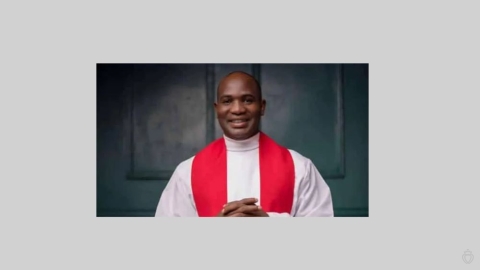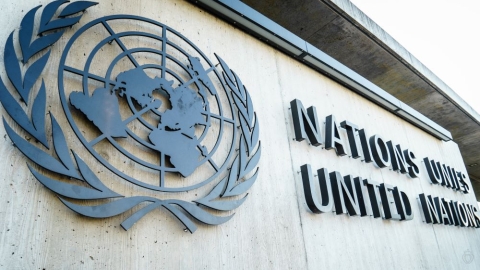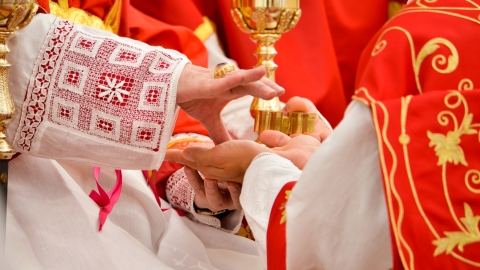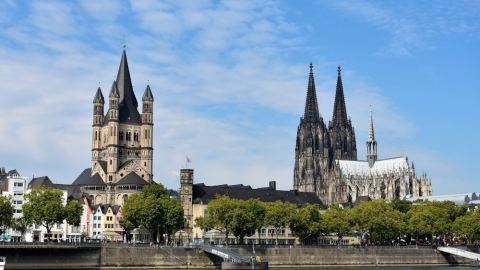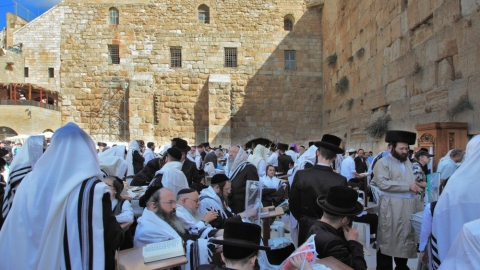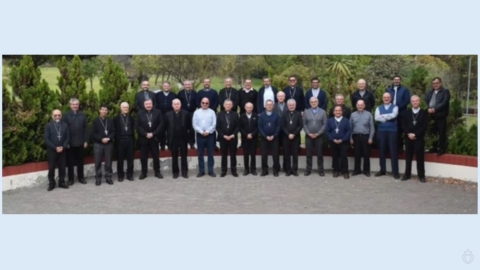China: Beijing Promulgates the “National Security” Law in Hong Kong

Palais de l’Assemblée du Peuple
The Standing Committee of the Chinese Parliament in Beijing, subject to the Communist Party of China (CCP), unanimously approved the Hong Kong National Security Law on Tuesday, June 30, 2020, and the head of state Xi Jinping promulgated it. immediately, the official New China News Agency announced.
It comes into force on July 1, the anniversary of the handover of the former British colony, on July 1, 1997. The text of this new law will be added as an annex to the Basic Law of 1997, the constitution of Hong Kong. Until now, Hong Kong has enjoyed wide autonomy, under the principle of “One country, two systems,” enjoying freedom of expression, freedom of the press, freedom of religion, and independent justice system.
Beijing intends to suppress the pro-independence movement, the origin of the protests that have rocked the city of 7.5 million inhabitants for a year. “For members of the small minority that threatens national security, this law will be a sword hanging over their heads,” the Chinese government warned shortly after promulgation. “This marks the end of Hong Kong as the world knew it. The city will turn into a secret police state,” Joshua Wong stated on Twitter. He is a figure of the pro-democracy movement Demosisto, along with Nathan Law and Agnes Chow. On Facebook, Wong wrote that now it is reasonable to “fear for your life and your own safety in engaging in the democratic resistance.” The Demosisto movement, founded in 2014, has announced its dissolution. A “national security organ,” reporting directly to the communist regime, should be established in Hong Kong, adds New China. It will be responsible for collecting information and prosecuting attacks on national security. Reuters reports that there are rumors of a maximum life sentence for breaking the new law.
The adoption of the bill at first instance on May 28, 2020, raised serious concerns. The agency Églises d'Asie (EDA) [Churches of Asia], of the Foreign Missions of Paris, on June 24 published extracts from the open letter addressed to the Chinese government, co-signed by the diocese of Hong Kong. The 86 signatory organizations called on “the Standing Committee of the National People’s Congress [NPCSC] to reject the recent adoption by the National People’s Congress of an official decision directly imposing the National Security Law on Hong Kong.”
The government will have the power to extradite those accused under the new law to stand trial in China. The new legislation will allow the authorities to control any educational establishment. Schools will also be subject to a law passed on June 12 by the Hong Kong Legislative Council, penalizing insults to the Chinese national anthem. On June 18, the Hong Kong Education Department ordered elementary and middle schools to display the Chinese national flag and have the national anthem sung on certain occasions. These are the same demands that are imposed, as a condition of deconfinement, for the reopening of “places of Catholic activity” in China. The reopening conditions seem to want to strengthen the sinicisation of religions and loyalty to the Chinese Communist Party, warns Churches of Asia.
In an interview given on June 4 to the English-speaking Catholic site Crux, Cardinal Joseph Zen Ze-kiun said he was very worried about Beijing’s new law. “We need a miracle from heaven,” Hong Kong’s Bishop Emeritus said. He added: “I’m sorry to say that we can expect nothing from the Vatican. During the past few years, they never said anything to blame China for their persecution,” but they have “handed the Church over to Chinese rule.”
(Sources : afp/reuters/asianews/eda/crux – FSSPX.Actualités - 29/07/2020)
